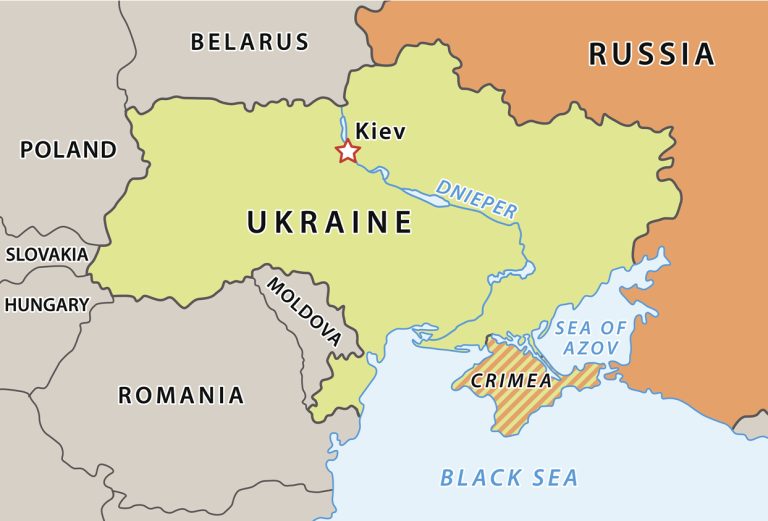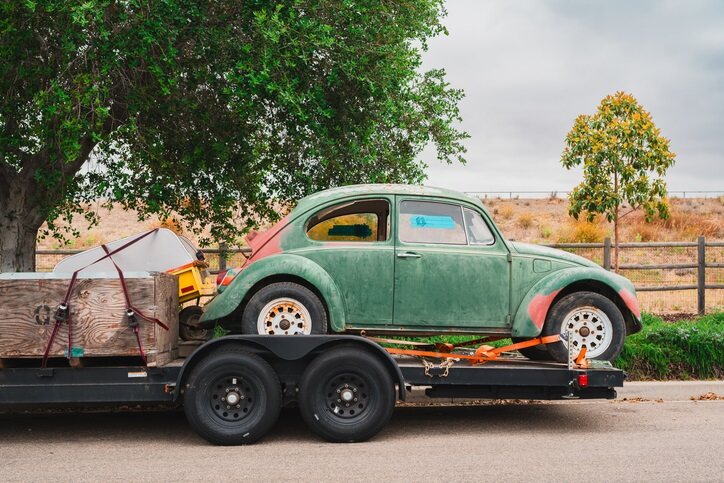Wise Giving Wednesday: Helping Victims of California Wildfires

At the time this blog is being written, the wildfires in Southern California
continue to spread, although the wind is reporting to decrease somewhat.
CNN
reports that a 1,000 homes and other structures have been lost to the blaze
and the fire warnings now cover an area that impact 1 million
residents.
2017 has seen its share of hurricanes, floods, mass shootings, earthquakes
and other disasters and tragedies. It’s hard to keep track of them
all. The outpouring of public concern and generosity has been
extraordinary. For some reason, however, fires don’t receive as much
fundraising response as some of the other disasters. A small number
(compared to earlier disasters) of nationally-soliciting relief
organizations have referenced activities on their websites that describe
efforts to help those in need in California. From what we have seen, most of
the appeal activity involves more regional charities and/or crowdfunding
campaigns to assist specific families.
BBB’s Give.org, nevertheless, reminds donors to give thoughtfully to
avoid questionable solicitation efforts.
-
Give to vetted charities. Visit Give.org to find
out if the charity engaged in relief activities for the California fires
meets the
BBB Standards for Charity Accountability. To help you get started, the following nationally-soliciting relief
organizations meet the BBB Charity Standards and are engaged in activities
to assist victims of the California wildfires:
American Red Cross,
Direct Relief
and
Salvation Army.
-
Crowdfunding cautions. If you are considering donating to
a crowdfunding posting raising money for a victim of the California fires,
it is safest to give to families or individuals that you know personally.
Not all crowdfunding sites have sufficient procedures to verify the
accuracy of postings.
-
Charity appeals should specify funded activities. Be wary of relief appeals from charities that have vague program
descriptions and do not identify what activities will be funded through
the money raised.
-
Watch out for click-bait or phishing scams. Online giving
scams tend to pop up after a disaster or tragedy to take advantage of
public sympathy. Don’t click on links in email, text, or social
media messages promising to connect you to familiar charities; go to the
website of these groups on your own.
-
Registered to solicit? Most states require
charities to register with a state government agency (usually a division
of the either the Office of the Attorney General or Secretary of State)
before they can solicit for contributions. Visit the applicable government
agency’s website to find out more.
Before this blog comes to a close, we want to acknowledge that this is the
150th entry for Wise Giving Wednesday. We covered a lot of ground on a variety of charity topics these
past three years, but we hope our information has been helpful to the
community of donors who use our website to assist their contribution
decisions.
Video of the Week
As part of our Building Trust Video Series, we are pleased to provide a
video that features Melinda Kotzian, CEO,
Mesothelioma Applied Research Foundation
(a BBB Accredited Charity) that
seeks to find a cure and eradicate mesothelioma as a life-ending disease
through its collaboration with patients and families, physicians, advocates
and researchers.
Recent Reports
We are always working with charities to publish or update reports for
donors. Visit Give.org or
local BBBs to check out any charity before giving. Our recently evaluated
charities include:
Finally, remember to let us know by going to https://www.give.org/ask-us-about-a-charity1/ if you are interested in seeing a report on a charity not on
the list and we will do our best to produce one.
H. Art Taylor, President & CEO
BBB Wise Giving Alliance


